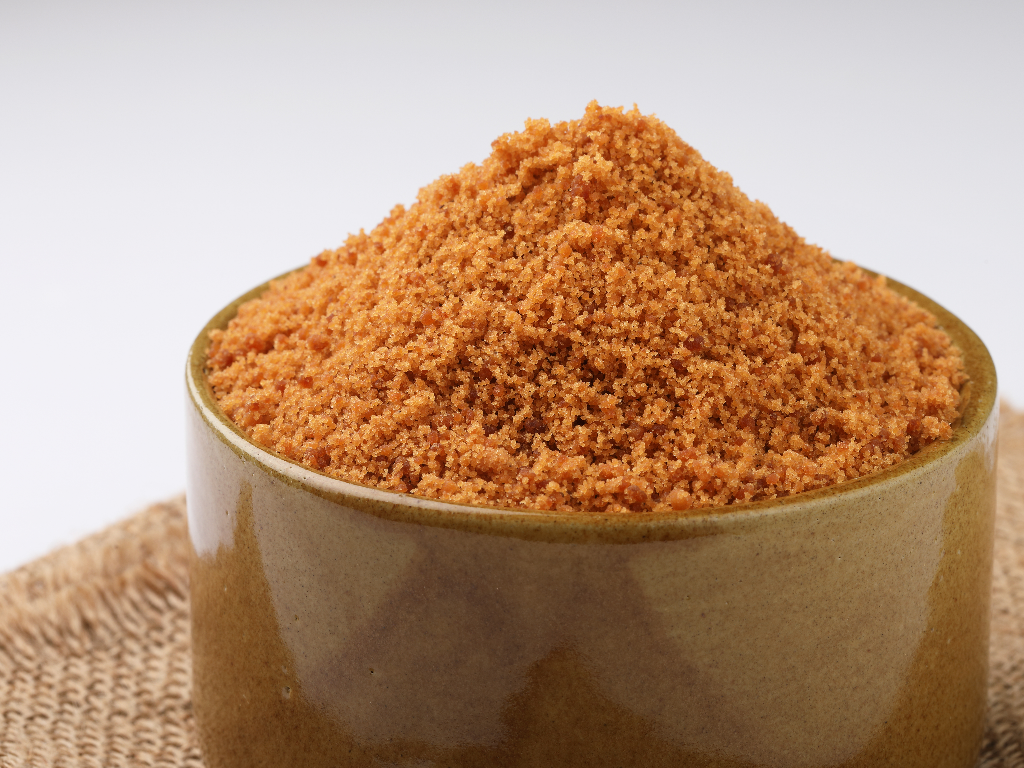The sugar market in the East African Community (EAC) region experienced various shifts last week. In Djibouti, the average sugar price fell, affecting the market's import parity for Indian refined sugar, while Brazilian sugar showed a positive margin. Meanwhile, Kenya and South Africa saw slight price movements, with Kenya experiencing a marginal fall and South Africa and Somalia recording price increases.
A notable development was the docking of the Occitan Pessac vessel at Mombasa, Kenya, carrying 10,560 tons of refined sugar from Thailand, highlighting the ongoing import activities within the region.
In legislative moves, Kenya's Senate has pushed the Sugar Bill 2022 to its third reading, aiming to regulate sugar imports strictly to times of shortage and reintroduce a levy to support the sugar sector. This bill underscores efforts to stabilize the domestic market and safeguard local producers.
Kenya has seen a decrease in sugar imports due to a rebound in domestic production, with February marking a significant increase in local output and a consequent drop in sugar prices. This resurgence in production is a pivotal factor in the local market's dynamics, potentially reducing dependency on imports.
In Uganda, the introduction of a duty-free sugar import window by the EAC has led to a dramatic price drop, affecting local millers due to reduced export opportunities and an influx of cheaper sugar. The situation is exacerbated by sugar smuggling, further destabilizing Uganda's sugar market.
These developments reflect the complex interplay of production, legislative actions, and regional agreements within the EAC's sugar market, highlighting the challenges and opportunities faced by member countries in balancing local production, market protection, and regional trade.
Source kulea.africa

